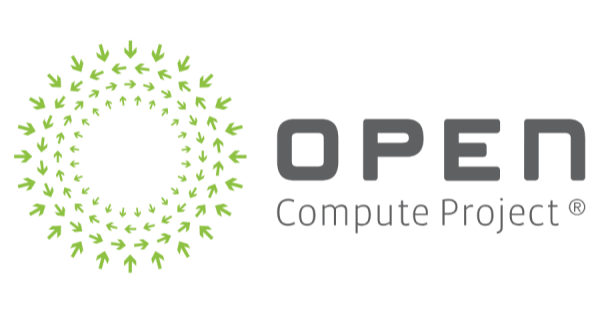AI Data Center Builders Gain Centralized Access to Open Infrastructure Tools and Resources
The Open Compute Project Foundation (OCP), a nonprofit driving hyperscale-inspired innovation across the tech ecosystem, has launched a dedicated AI portal on its OCP Marketplace. This new hub offers a one-stop destination for AI cluster designers and data center architects seeking infrastructure components, white papers, deployment blueprints, and open technical standards.
Designed to support the rising demand for scalable AI-enabled data centers, the portal already features contributions from multiple technology vendors, aiming to fast-track the adoption of standardized AI infrastructure.
Addressing the Infrastructure Demands of Next-Gen AI Clusters
Hyperscale operators are now dealing with racks that consume as much as 1 megawatt (MW) per unit, pushing the boundaries of compute density, power management, and thermal performance. To address these challenges, OCP’s global community—spanning 400+ corporate members and over 6,000 engineers—is developing open and scalable standards.
The OCP’s AI strategy is built around three pillars:
- Standardization of silicon, power, cooling, and interconnect solutions.
- End-to-end support for open system architectures.
- Community education via technical workshops, the OCP Academy, and the Marketplace.
According to OCP CEO George Tchaparian, “Our focus is on enabling the industry to meet AI’s growing infrastructure demands while also managing environmental and efficiency concerns.”
Overcoming AI Infrastructure Challenges with Open Compute Solutions
Several infrastructure challenges are being addressed by the OCP community:
- Standard rack configurations supporting 250kW to 1MW.
- Liquid cooling systems for high-density compute nodes.
- High-efficiency, high-voltage power delivery models.
- Scalable interconnect fabrics that allow performance tuning.
- Automated management frameworks to support near-autonomous operations.
As part of the Open Systems for AI initiative, OCP has recently released a Blueprint for Scalable AI Infrastructure and hosted a technical workshop focused on physical infrastructure requirements.
Meta and NVIDIA Join Forces on Open AI Hardware Contributions
Strategic contributions from industry giants back the launch of the AI portal. Meta submitted the Catalina AI Compute Shelf, designed to support high-density workloads with NVIDIA GB200 capabilities. Based on OCP’s ORv3 rack standard, Catalina supports up to 140kW and includes Meta Wedge fabric switches tailored to the NVIDIA NVL72 architecture.
This follows NVIDIA’s earlier donation of its MGX-based GB200-NVL72 platform, which includes:
- Reinforced OCP ORv3-compatible racks.
- 1RU liquid-cooled compute and switching trays.
Together, these contributions provide standardized, high-performance, liquid-cooled hardware options critical to building scalable AI clusters.
Building a Future-Ready Standard for AI Infrastructure with OCP
The Open Systems for AI initiative, launched in January 2024, addresses the industry’s demand for consistent design frameworks for AI infrastructure. The rise of AI as a primary workload, alongside high-performance computing (HPC) and Edge/MEC deployments, has highlighted the need for shared standards across power, cooling, interconnect, and orchestration.
IDC’s Ashish Nadkarni notes, “First-generation AI clusters were developed in silos, leading to inefficiencies. OCP’s approach provides a platform for collaboration and standardization that can reduce costs and accelerate future deployments.”
Upcoming OCP Events to Highlight Advances in AI Cluster Infrastructure
OCP plans to spotlight its AI infrastructure progress at several upcoming community events, including:
- OCP AI Strategic Initiative Technical Workshop Series
- OCP Canada Tech Day
- OCP Southeast Asia Tech Day
- OCP APAC Summit
- OCP Global Summit
These gatherings are expected to feature the latest open-source hardware, cooling, and system design strategies for scalable AI infrastructure.
About the Open Compute Project Foundation
The Open Compute Project Foundation was established to share the efficiency, sustainability, and scalability innovations developed by hyperscalers. It brings together technology stakeholders from across the ecosystem—cloud providers, enterprises, telecoms, colocation operators, and hardware vendors.
With a community-first model and projects that span from silicon to systems to site facilities, OCP continues to shape the future of data center and Edge infrastructure.



























